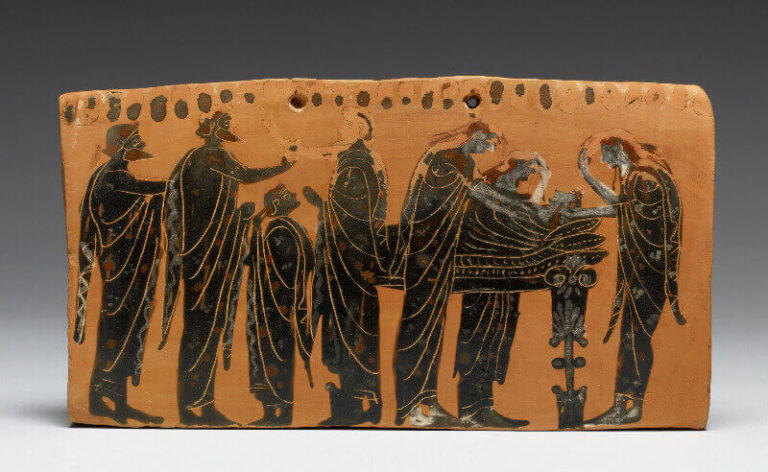
Understanding Your Right to Information After the Death of a Relative- When a loved one passes away, it’s natural to have questions about your rights regarding their estate. Who gets a copy of the will? How are assets distributed? What if you need legal representation? These are common concerns that can often feel overwhelming. This article explains the rights of an heir or beneficiary after the death of a relative. If you are in this situation, a probate lawyer can guide you through the legal complexities and advocate for your rights.
A will is a private document until the testator (the person who made the will) passes away. At that point, the personal representative or executor is responsible for filing the will with the probate court.
Here’s what you need to know about accessing a will:
If you suspect you’re named in a will but haven’t been notified, a probate lawyer can help you determine your legal rights and ensure transparency.
The executor or personal representative plays a key role in managing the estate. Their responsibilities include:
If the personal representative fails to fulfill these obligations, beneficiaries have legal recourse, including filing a petition with the probate court.
It’s important to understand that beneficiaries don’t always have a say in the specific assets they receive, explains The American College of Trust and Estate Counsel in their video, “A Child’s Right to Information When a Parent Dies.” For example, suppose a will leaves equal shares of an estate to two siblings. In that case, the personal representative may allocate one sibling the house and the other the cash, as long as the distributions are equivalent in value.
Disputes over asset allocation can arise, potentially leading to litigation. Consulting with a probate lawyer can help you navigate disagreements and ensure a fair resolution.
It’s possible to decline a bequest or inheritance for various reasons:
To disclaim an inheritance, you must act within legally defined timeframes to avoid tax implications or other complications. A probate lawyer can help ensure that the process is handled correctly.
While the estate’s lawyer assists the personal representative, they do not represent beneficiaries. Hiring a probate lawyer is essential if you have concerns about asset distribution, the executor’s conduct, or your rights.
An experienced probate attorney can:
Understanding Your Right to Information After the Death of a Relative
Losing a loved one is already a challenging time. Adding legal questions about the estate can make the process even more stressful. A probate lawyer simplifies the complexities, advocating for your interests and ensuring that the estate is administered by the law.
If you’re facing challenges in understanding your rights, interpreting a will, or managing disputes, consult our probate lawyer, who can guide you through the process and protect your rights and inheritance.
Request your phone consultation: THE LAW OFFICES OF CLAUDE S. SMITH, III
Understanding Your Right to Information After the Death of a Relative
Reference: The American College of Trust and Estate Counsel (ACTEC) (Jan 23, 2020) “A Child’s Right to Information When a Parent Dies”
Legal problems are extremely stressful, especially when your family, your health, or your freedom are at stake. At this point in time, you may not even be sure what kinds of questions you need to ask a lawyer, but that’s entirely normal. Whether your situation involves family law, estate planning, elder law, a criminal charge, or a personal injury, we will start by giving you all the information you need.
The way we see it, you deserve to get this information directly from an expert. That’s why we make it easy for you to get in touch with your lawyer, and we never ask you to sit down with a paralegal or assistant instead.
As our relationship continues, we will keep you updated about the status of your case every step of the way. Your lawyer will reach out regularly to tell you about any new developments, and he will also be happy to answer any questions you have throughout the process.
